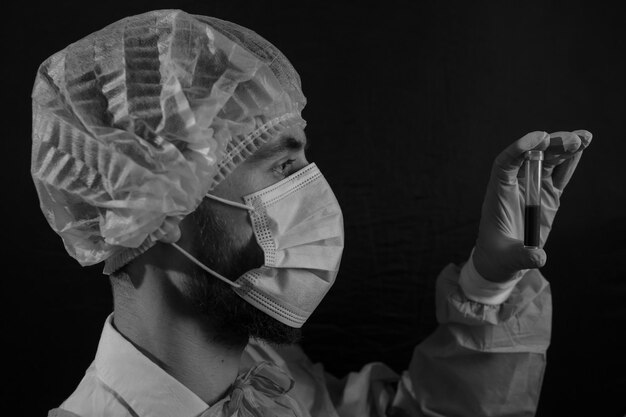How to Become a Forensic Nurse: Essential Degrees and Certifications
Pursuing a career as a forensic nurse offers a unique opportunity to blend healthcare with criminal justice. This specialized field requires a solid educational foundation in nursing, typically starting with a Bachelor of Science in Nursing (BSN). As healthcare standards rise, acquiring a BSN is becoming increasingly vital for aspiring forensic nurses, as it provides comprehensive clinical knowledge and critical thinking skills. After obtaining a BSN, candidates must pass the NCLEX-RN to become Licensed Registered Nurses (RNs). Following this, gaining experience in emergency or critical care settings can be highly beneficial, enhancing the practical skills needed in forensic nursing.
Advanced certification can further boost a forensic nurse’s career. The Sexual Assault Nurse Examiner (SANE) certification is widely recognized, allowing nurses to specialize in caring for sexual assault survivors while preserving crucial forensic evidence. Additionally, pursuing certification through programs offered by the International Association of Forensic Nurses (IAFN) can provide specialized training and credibility in this field. Equipping yourself with the right education and certifications not only fulfills the requirements but also reinforces your commitment to serving justice and supporting victims.
Pathways to Becoming a Forensic Nurse
- 🎓 Bachelor of Science in Nursing (BSN)
- 📄 Pass the NCLEX-RN (Registered Nurse Licensing Exam)
- 🩺 Clinical Experience in Emergency or Critical Care
- 🛡️ Certification as a Sexual Assault Nurse Examiner (SANE)
- 🏅 Advanced Training through the International Association of Forensic Nurses (IAFN)
